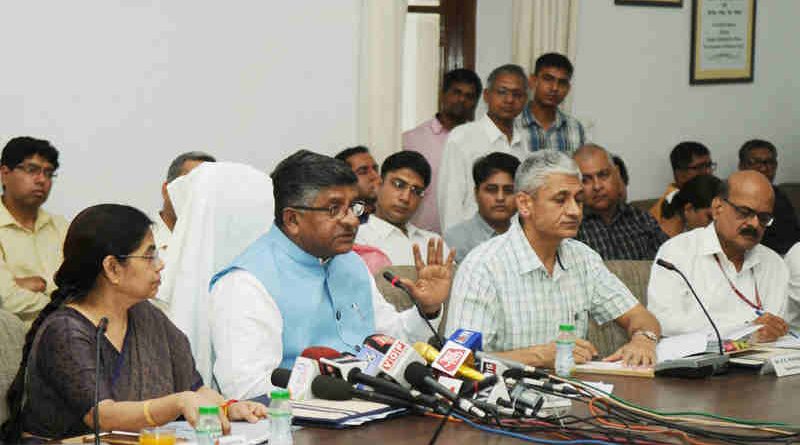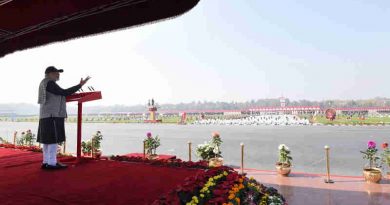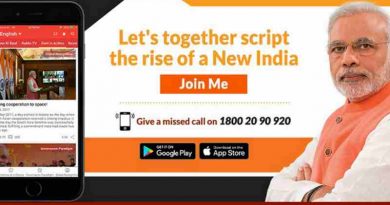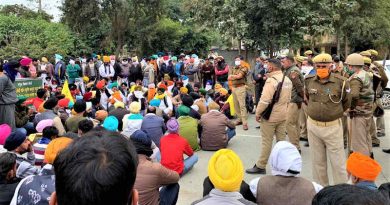How Twitter Fights Repressive Tactics of Indian Govt
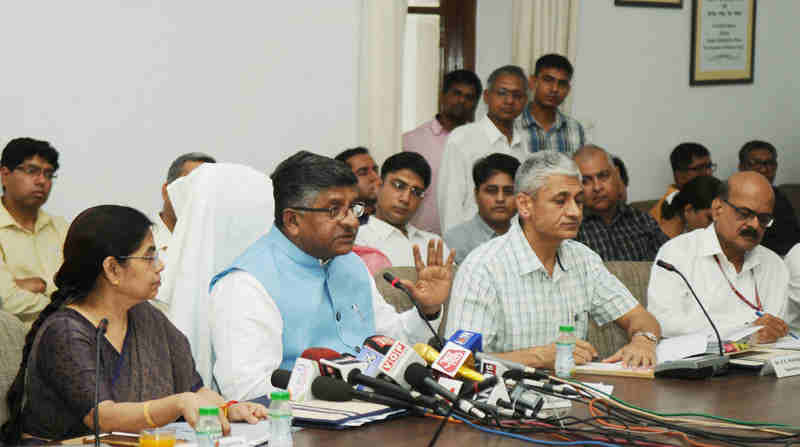
Under the new rules, social media websites will also have to remove content within 36 hours after an administrative or legal order is issued.
By Rakesh Raman
In its ongoing tussle with the Indian government, Twitter has mustered courage to attack a top leader in the government headed by Prime Minister (PM) Narendra Modi.
The microblogging platform today (June 25) locked the account of India’s Minister for Information Technology Ravi Shankar Prasad, alleging that the minister lifted TV content and posted it on Twitter without permission from the copyright holders.
Obviously, Prasad reacted angrily. He said Twitter denied him access to his account for almost an hour over complaints that he violated copyright law by posting clips of himself from television debates.
“Friends! Something highly peculiar happened today. Twitter denied access to my account for almost an hour on the alleged ground that there was a violation of the Digital Millennium Copyright Act of the USA and subsequently they allowed me to access the account,” Prasad said in his tweet.
He added that Twitter’s actions were in gross violation of Rule 4(8) of the Information Technology (Intermediary Guidelines and Digital Media Ethics Code) Rules 2021 where Twitter failed to provide him any prior notice before denying him access to his account.
Friends! Something highly peculiar happened today. Twitter denied access to my account for almost an hour on the alleged ground that there was a violation of the Digital Millennium Copyright Act of the USA and subsequently they allowed me to access the account. pic.twitter.com/WspPmor9Su
— Ravi Shankar Prasad (@rsprasad) June 25, 2021
Twitter has been courageously defying the Intermediary Guidelines and Digital Media Ethics Code introduced by the Modi government on May 26 to control the content on online platforms including Twitter so that the government could suppress dissent.
Minister Ravi Shankar Prasad, who has been tasked to stifle online content critical of the Modi government, has been accusing Twitter of defiance. “There are numerous queries arising as to whether Twitter is entitled to safe harbour provision. However, the simple fact of the matter is that Twitter has failed to comply with the Intermediary Guidelines that came into effect from the 26th of May,” Prasad said in his tweet of June 16.
There are numerous queries arising as to whether Twitter is entitled to safe harbour provision. However, the simple fact of the matter is that Twitter has failed to comply with the Intermediary Guidelines that came into effect from the 26th of May.
— Ravi Shankar Prasad (@rsprasad) June 16, 2021
He also said that Twitter was given multiple opportunities to comply with the same; however it has deliberately chosen the path of non-compliance.
The new rules, under the Intermediary Guidelines, are aimed at regulating content on social media platforms such as Facebook, its WhatsApp messenger application, and Twitter. Under these rules, social media websites will also have to remove content within 36 hours after an administrative or legal order is issued.
While the Indian government will arbitrarily select the content that it wants to get deleted, the employees of social media companies can be held criminally liable for failing to comply with the government’s requests.
The Indian authorities have already started taking punitive actions against Twitter staff. A Twitter employee was asked by the Uttar Pradesh (UP) Police to appear in a police station in connection with an investigation into a video that was circulating on Twitter. However, the Karnataka High Court on June 24 restrained the UP Police from taking coercive action against Manish Maheshwari, Managing Director of Twitter in India.
Twitter says it has been served with several separate blocking orders by the Ministry of Electronics and Information Technology (MeitY), Government of India. Twitter adds that the values that underpin the Open Internet and free expression are increasingly under threat around the world and it believes transparency is the foundation to promoting healthy public conversation on Twitter and to earn trust.
Although India has endorsed the 2021 Open Societies statement that accepts “freedom of expression, both online and offline, as a freedom that safeguards democracy and helps people live free from fear and oppression,” the Indian government continues to muzzle people’s rights of expression.
When Modi was called to speak in a session on open societies at the recent G7 Summit (11–13 June 2021), Modi said in his virtual interaction that “democracy and freedom were a part of India’s civilization ethos.” He gave the impression that India is still a democratic country under his leadership. But this was an outright lie, as India has become a full-fledged dictatorship state under Modi’s 7-year rule.
By Rakesh Raman, who is a national award-winning journalist and social activist. He is the founder of a humanitarian organization RMN Foundation which is working in diverse areas to help the disadvantaged and distressed people in the society.

